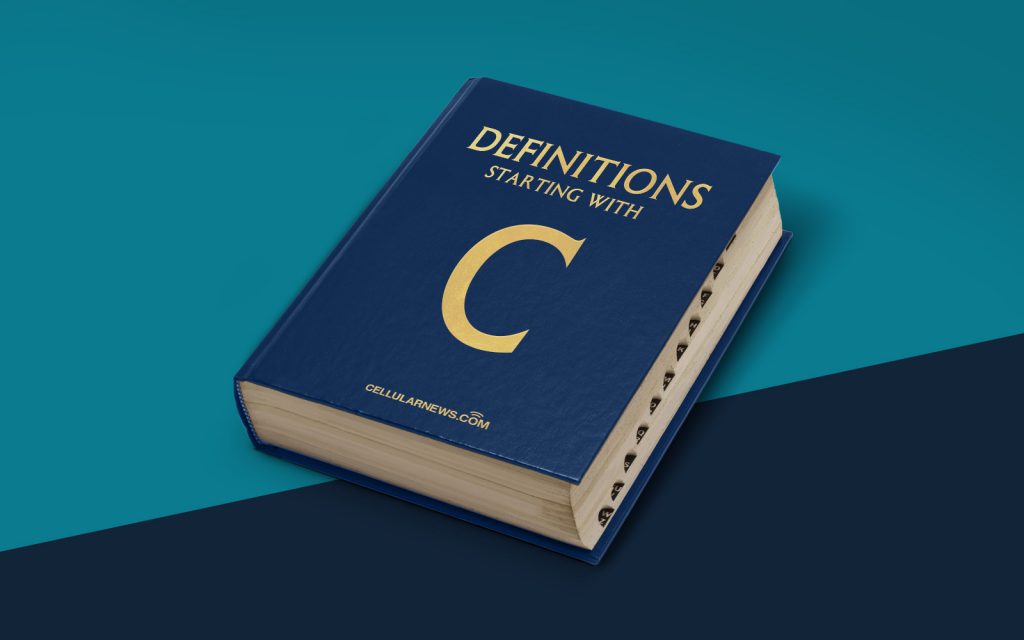
What is Canonical?
Have you ever heard of the term “canonical” and wondered what it means? Well, you’re in the right place! In this blog post, we will dive into the world of canonicalization and explain what it is all about.
Key Takeaways:
- Canonicalization refers to the process of selecting a preferred version of a webpage, particularly when there are multiple versions of the same content available.
- Implementing canonical tags helps search engines understand the primary version of a webpage, preventing duplicate content issues and improving SEO performance.
Let’s begin by exploring what exactly we mean by “canonical.” In the world of SEO, “canonical” is a term used to describe the preferred version of a webpage, especially when there are multiple versions or duplicates of that page available. Canonicalization, therefore, refers to the process of selecting and indicating this preferred version to search engines.
Imagine you have a webpage that various URLs point to, such as:
- www.example.com/blog
- example.com/blog
- www.example.com/index.php?page=blog
While these URLs may lead to the same content, search engines may consider them as separate pages, resulting in duplicate content issues. This can negatively impact your website’s rankings and overall SEO performance. Fortunately, canonical tags come to the rescue!
Canonical tags, also known as rel=”canonical” tags, are HTML elements you can add to the <head> section of your webpage’s HTML code. These tags inform search engines about the preferred URL or canonical URL for a specific page. When search engines encounter a canonical tag, they understand that the specified URL is the primary version they should index and display in search results. This ensures that all traffic and ranking metrics consolidate to the correct page.
Key Takeaways:
- Canonicalization refers to the process of selecting a preferred version of a webpage, particularly when there are multiple versions of the same content available.
- Implementing canonical tags helps search engines understand the primary version of a webpage, preventing duplicate content issues and improving SEO performance.
So, why is canonicalization important? Here are a few reasons:
- Preventing Duplicate Content: As mentioned earlier, having multiple versions of the same content can lead to duplicate content issues. This can dilute your website’s authority and confuse search engines. By implementing canonical tags, you guide search engines to the preferred version, consolidating ranking signals and avoiding duplicate content penalties.
- Improving SEO Performance: When search engines recognize the canonical URL, they can allocate all the relevant ranking signals, such as backlinks, social signals, and user engagement, to a single URL. This strengthens the overall authority of your chosen page and improves its chances of ranking higher in search results.
- Enhancing User Experience: Canonicalization ensures that users are directed to the correct version of a webpage, regardless of the URL they enter or click. This improves their experience on your website, reducing the risk of confusion and frustration.
In conclusion, canonicalization plays a vital role in ensuring that search engines understand the preferred version of your webpages and consolidate their ranking signals appropriately. By using canonical tags, you can prevent duplicate content issues, improve your SEO performance, and enhance the user experience of your website visitors.
